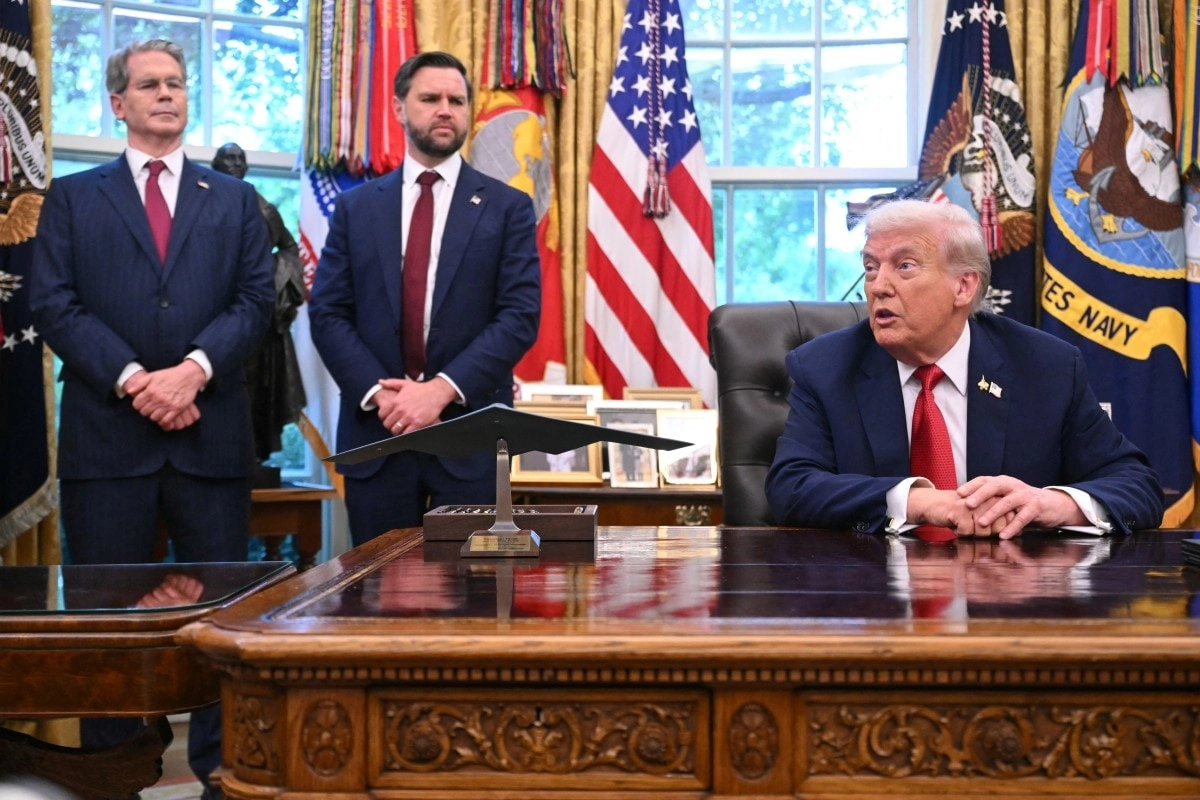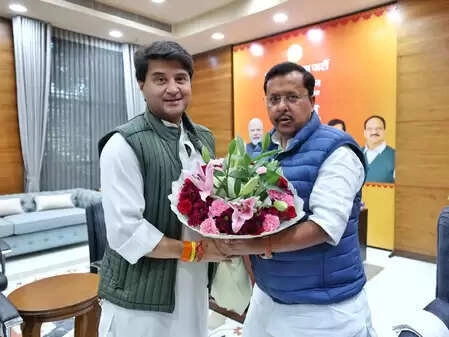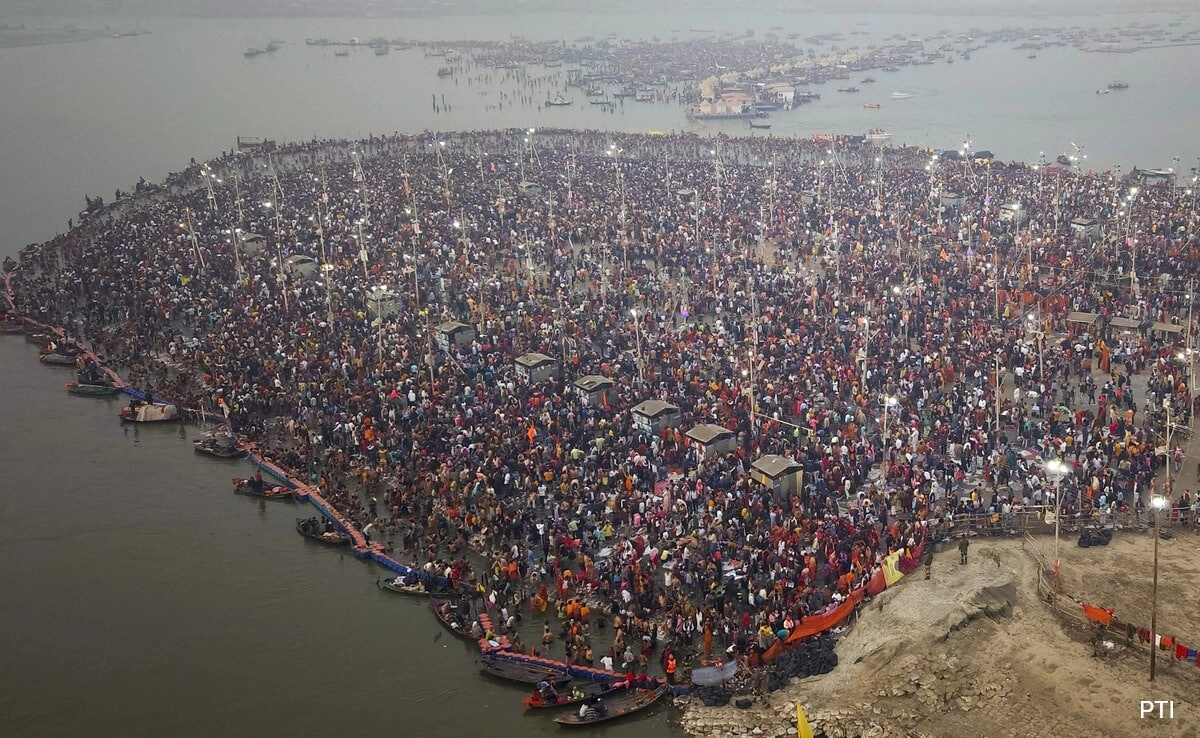In a significant economic move, former President Donald Trump has announced a sweeping 100% tariff on pharmaceutical imports, set to take effect on October 1. This bold decision is poised to have far-reaching implications, particularly for countries like India, which is one of the largest suppliers of generic medications to the United States. The introduction of such a high tariff could dramatically increase the prices of essential drugs for American consumers, potentially leading to a healthcare crisis for those reliant on affordable medication.
India, often referred to as the “pharmacy of the world,” plays a crucial role in the global pharmaceutical supply chain. The country exports a substantial volume of generic drugs to the U.S., making it a vital partner in providing accessible healthcare solutions. The imposition of a 100% tariff could severely disrupt this trade, resulting in higher costs for both manufacturers and consumers. Indian pharmaceutical companies might struggle to maintain their market share in the U.S. due to the steep price increases that would follow, impacting their revenues and potentially leading to job losses in the sector.
Moreover, the tariff could lead to a ripple effect in the healthcare system, as American patients may find themselves facing skyrocketing prices for medications that were previously affordable. This situation raises concerns about the accessibility of necessary treatments for chronic conditions and other health issues. As the deadline approaches, stakeholders in both countries are likely to engage in discussions and negotiations to mitigate the potential fallout from this policy shift. The healthcare community and patients alike will be closely monitoring developments, as the stakes are high for millions who depend on affordable medications to maintain their health and well-being.




